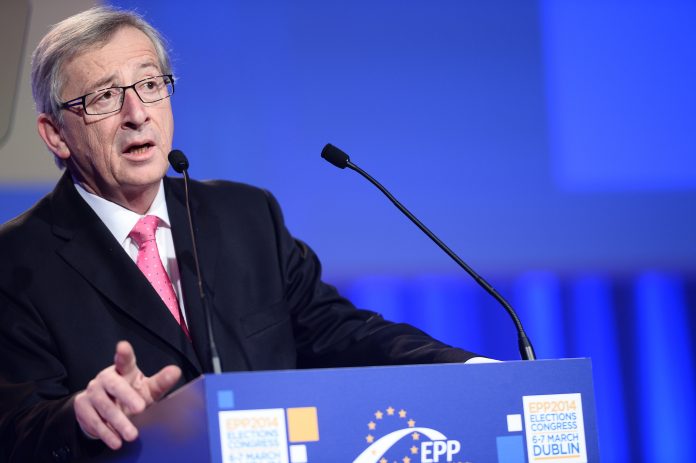The European Commission on December 7 proposed a political roadmap to reach a comprehensive agreement by June 2018 on how to pursue a sustainable migration policy. The proposal was presented ahead of the European Union leaders’ debate on migration on December 14.
“Even if we are now moving away from crisis mode, it is evident that migration will remain a challenge for a generation of Europeans,” said European Commission President Jean-Claude Juncker. “Europe urgently needs to equip itself with future-proof means of managing migration responsibly and fairly. We have made solid progress in the past three years but now is the time to turn proposals into law, and law into practice.”
According to a European Commission press release, a new EU approach to managing migration has emerged, supporting the member states most exposed, strengthening the protection of the EU’s external borders and reinforcing our cooperation with partner countries.
Whilst the coordinated work was able to stabilise a highly volatile situation – with irregular arrivals to the EU dropping by 63% in 2017 – the trend for the years to come and factors such as climate change, the security situation and demography in the EU and its neighbourhood, point to migration remaining a challenge for decades.
Based on the Commission’s proposal, EU leaders need to take the ongoing work forward by ensuring swift progress on the reform of the EU’s Common European Asylum System, further strengthening partnerships with third countries, continuing to open legal pathways to Europe and securing adequate funding for the future.
At the same time, an external migration policy alone would not solve the migratory challenge for Europe.
According to the Commission, the EU needs to offer an alternative to perilous journeys by opening safe and legal pathways for those in genuine need of protection. This will dissuade irregular migration and break the business model of people traffickers.
This will also require Member States to resettle a further 50,000 vulnerable refugees by May 2019.
At the same time, the Commission said member states need to deliver on swift and efficient return and readmission of those who have no right to stay in the EU. Member States should ensure a fully functioning return capacity within the European Border and Coast Guard Agency by May 2018 and increase by June 2018 the number of returned migrants in operations organised in cooperation with the Agency by 50% compared to 2017.

